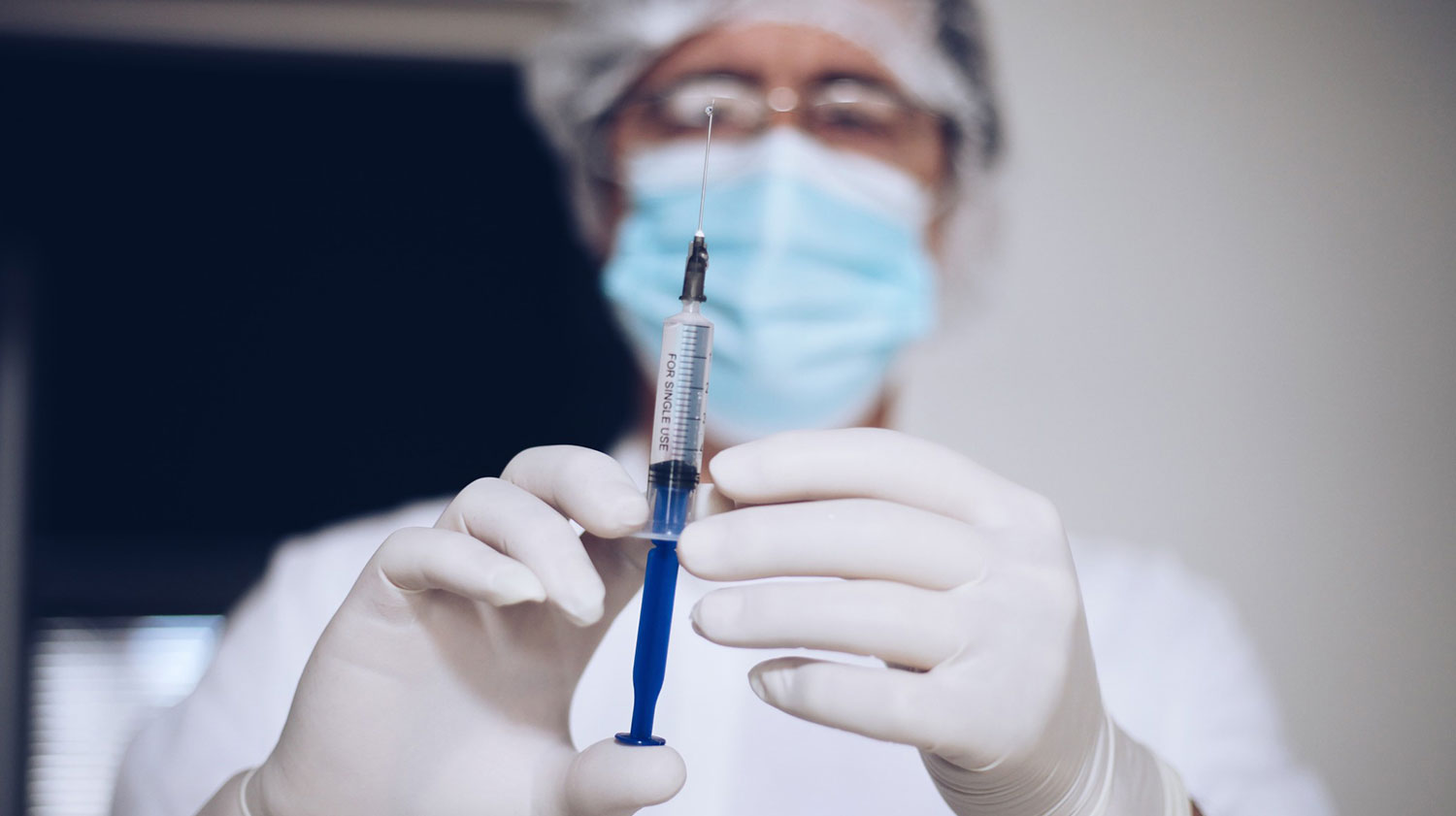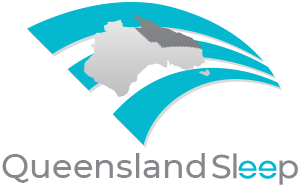
Are sleep and anaesthesia the same, or how do they differ?
Sleep is a normal bodily function and it will end, by itself, once you have satisfied your requirement for it. Drugs produce anaesthesia and this state only ends when the chemicals wear off. The drugs causing anaesthesia target the same areas of the brain that control sleep, and this is why the process is known as getting “put to sleep.” Both anesthetics and sleep affect your breathing patterns, causing them to relax which elevates the risk of under-breathing and throat blockages when you are asleep or under anaesthesia.
What are the effects of obstructive sleep apnea (OSA) during anesthesia? What happens after the procedure is over?
When sedated or under general anaesthesia, people who have OSA are susceptible to their throats blocking in the same way that they do when they sleep. This is especially true when sedation or anesthesia are used since these drugs impact someone’s ability to react to the blocking by stirring or waking up.
If you tell the anesthetist that you have OSA, he or she can best deal with it and take the necessary measures to prevent an airway blockage from happening. Your anesthetist will be with you throughout your surgery to care for you, and there are several more options to deal with obstructive sleep apnea during surgery than there used to be. These can include special anaesthesia methods, a longer period of close monitoring post-surgery and applying CPAP while you are sedated or asleep.
What happens after the procedure is over and you wake up? If you have obstructive sleep apnea, you may have a sore throat or dry mouth. Your breathing should return to normal within an hour or so of the procedure.
What information do I need to give my anaesthetist before surgery?
Anaesthesia and surgical procedures can have an impact on a variety of bodily processes. Because of these complexities, your anesthetist should be aware of any health concerns that may impact your wellbeing while you are under anesthesia. You’ll get the chance to speak with your anesthetist before the procedure about these topics and any concerns you may have.
OSA can cause unique challenges, so If you have been diagnosed with OSA, or believe you might have it, be sure to notify your anesthesiologist ahead of time.
There are a few more issues you’ll typically discuss with your surgeon and anaesthetist before surgery, such as prior illnesses (importantly any recent problems with your lungs or throat), whether you smoke or take any medications (both legal and illicit, as well as herbal and alternative medicines), how much alcohol you drink and how often, any known allergies (to drugs and dressings), any previous concerns with anaesthesia (including postoperative nausea and vomiting and postoperative pain), whether there’s any family history of anaesthesia problems and pregnancy or the possibility of it.
What should I do to prepare for having surgery?
You should be informed about the surgery you are having. You should also have a clear understanding of exactly what it will accomplish for you and any of the potential dangers associated with it. It’s also wise to have a prepared care plan for after the operation which includes a pain management plan and any home assistance you could require. Unless it is emergency surgery, you should plan to fast before the surgery according to the instructions you are given by your medical team.
Should I bring my CPAP machine to the hospital?
If you use CPAP or other sleep apnea treatment, your anesthetist must be informed. If you’re using a CPAP mask, having prior experience with it will make it easier to use after the surgery when you may not be feeling at your best. Bring your equipment to the hospital with you on the day of your appointment and speak to the nurses on the ward who’ll be able to assist you. You should also know your pressure settings and mask type in case hospital equipment needs to be used.
For more information on obstructive sleep apnea and surgery, feel free to get in touch with one of our sleep health professionals.




